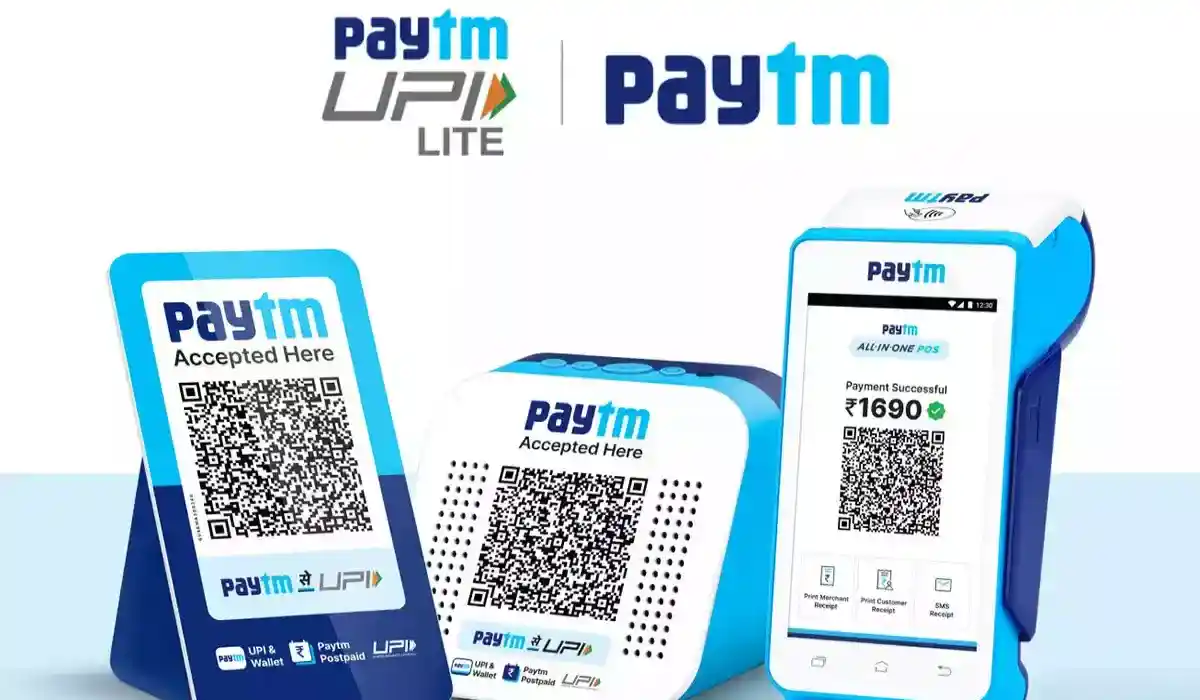STARTUP-STORIES
Bernstein Forecasts Paytm's Profitability by 2027, Suggests Acquisition by Banks or Corporates as Key to Upside

SUMMARY
1. Bernstein has set a target price of Rs 600 per share for Paytm, predicting profitability by 2026-27. The firm suggests that Paytm's best prospects lie in being acquired by a bank or large NBFC, or securing a significant investment from a major corporate house to mitigate regulatory risks and boost its financial standing.
2. Paytm faces current challenges due to regulatory restrictions and recent cuts in government funding for digital payments. To achieve profitability independently, Bernstein recommends focusing on scaling secured lending products, capturing a share of the UPI merchant discount rate, and reducing operational costs.
In a recent analysis, Bernstein has set an ambitious target price of Rs 600 per share for Paytm, forecasting that the fintech giant will achieve profitability by the fiscal year 2026-27. However, the equity research firm also highlighted potential strategic paths for Paytm to accelerate its path to profitability, including acquisition by a bank or a large non-banking finance company (NBFC).
Banks Eyeing Paytm for Strategic Expansion
As banks such as HDFC and ICICI Bank develop consumer-focused applications and credit products, Paytm's expansive user base presents a valuable opportunity. An acquisition by a major bank could provide a swift boost to their customer base and enhance their product offerings. Bernstein's report suggests that a partnership with a bank could be the optimal scenario for Paytm, leveraging its established platform for innovative financial products.
The Case for Corporate Investment
Bernstein also proposes that a substantial investment from a major corporate house could significantly enhance Paytm's prospects. This injection of capital would not only provide a buffer against regulatory challenges but also potentially position the investor to tap into the burgeoning financial services sector. With large conglomerates like Reliance Jio, the Adani Group, and the Tata Group venturing into fintech, Paytm could become an attractive acquisition target for these firms seeking to bolster their financial services portfolio.
Recent Regulatory Impacts and Budget Cuts
Paytm, operating under its parent company One97 Communications, has faced significant hurdles due to severe regulatory restrictions imposed earlier this year on its associate entity, Paytm Payments Bank. These restrictions have directly impacted the company's financial performance. Additionally, recent cuts in the government’s budgetary allocation for digital payments—reduced from Rs 3,500 crore to Rs 1,441 crore—are expected to affect Paytm's revenue streams in the current fiscal year.
Strategies for Paytm's Solo Success
If Paytm opts to go solo, Bernstein outlines three critical factors for driving profitability. Firstly, the company must accelerate the scaling of its secured lending products. Secondly, achieving an 8-10 basis point share of the merchant discount rate on UPI payments exceeding Rs 2,000 could help Paytm reach profitability by the third quarter of fiscal year 2025-26. Finally, optimizing operational costs and reducing staff could further expedite the path to breakeven.
Acquisition Opportunities and Market Trends
For Paytm, an acquisition by a bank or NBFC presents the most promising outcome. Banks could utilize Paytm's user base to cross-sell non-banking products and introduce innovative credit solutions through UPI. Conversely, an NBFC acquisition could open doors to offering small-ticket loans that banks currently do not provide, although this segment's viability is under scrutiny given the current market conditions.
Latest News

STARTUP-STORIES








